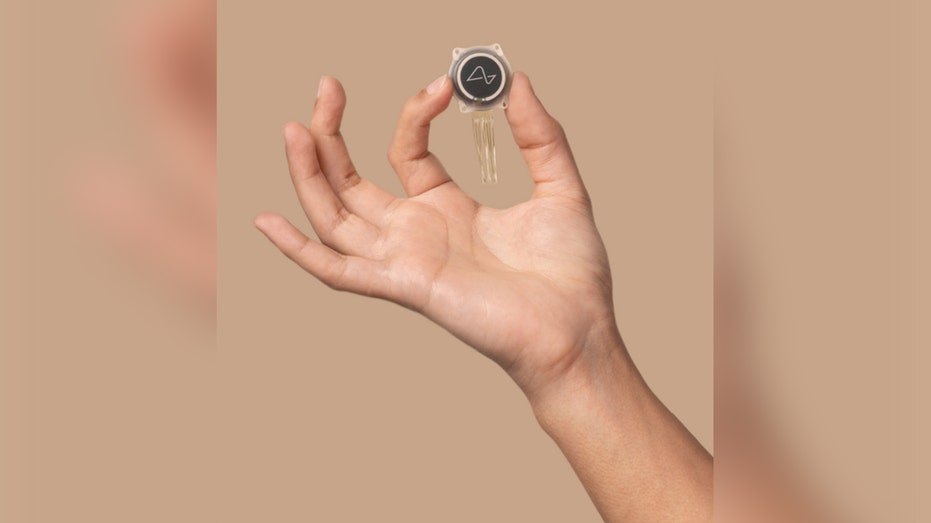Elon Musk's Neuralink accepting applications for second brain implant participant
Those with limited or no ability to use both hands due to cervical spinal cord injury or amyotrophic lateral sclerosis can apply
Neuralink engineer shows how paralyzed patient can control computer with implant
Elon Musk's startup company Neuralink livestreamed on March 20 its first patient implanted with a brain-chip using his mind to play chess on a computer. (Credit: Reuters)
Elon Musk announced Friday that his startup, Neuralink, is accepting applications for a second person to get a cybernetic brain implant as part of an ongoing trial.
"This is our Telepathy cybernetic brain implant that allows you to control your phone and computer just by thinking," Musk posted on X alongside a clip of the first quadraplegic participant in the world to test it out, Noland Arbaugh.
"No one better than Noland himself to tell you about the first," Musk continued.
FIRST NEURALINK PATIENT PLAYS CHESS WITH BRAIN CHIP IMPLANT IN NEW VIDEO
In January, the company's brain-computer interface (BCI) was implanted into Arbaugh's brain as part of a study to see if quadriplegic patients are able to control a computer or mobile device with their mind.
The N1 Implant is "designed to record neural activity through 1,024 electrodes distributed across 64 flexible leads" otherwise known as "threads," which are thinner than a human hair, according to Neuralink's website.
The company's goal is to eventually advance the functionality of the implant, so quadriplegic patients will be able to control robotic arms, wheelchairs and other technologies "that may help increase independence."

An illustration showing Neuralink's N1 implant. The company says the implant is "cosmetically invisible" and records and transmits brain activity to enable paralyzed people to control computers with their thoughts. (Neuralink / Fox News)
FIRST NEURALINK PATIENT ABLE TO CONTROL MOUSE WITH THOUGHTS: ELON MUSK
"If you have quadriplegia and want to explore new ways of controlling your computer, we invite you to participate in our clinical trial," Neuralink posted on X on Thursday.
Anyone with "limited or no ability to use both hands due to cervical spinal cord injury or amyotrophic lateral sclerosis (ALS)" can apply for the PRIME Study, according to Neuralink.
Since Arbaugh's surgery more than 100 days ago, Neuralink says he has been able to use the system for various applications, like playing online chess and Sid Meier's Civilization VI. Previously, he relied on a digital interface that was a mouth-held tablet stylus or mouth stick that had to be put in place by a caregiver.
In an interview with "Good Morning America," Arbaugh admitted that he wasn’t worried about signing up for trial. In doing so, he realized he could help improve the lives of so many others.
"I knew that if I did this then it would take a lot of headache and heartache away from the people down the road," he said.
GET FOX BUSINESS ON THE GO BY CLICKING HERE
In the weeks following the surgery, "a number of threads retracted from the brain, resulting in a net decrease in the number of effective electrodes," Neuralink said in a May 8 update.
This resulted in a reduction in bits-per-second (BPS), which is how the company measures the speed and accuracy of cursor control.
"It was very, very hard to give up all of the amazing things that I was able to do," Arbaugh told "Good Morning America." "I think I had cried, basically, afterward."
However, the company said it made certain modifications and improvements that resulted in a "rapid and sustained improvement in BPS, that has now superseded" Arbaugh's initial performance.
